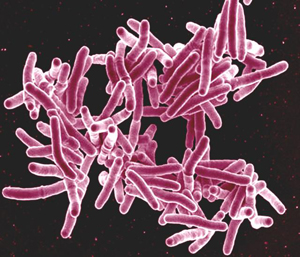A drug-resistant strain of tuberculosis is spreading at an alarming rate, posing a risk that the world has never faced, according to Medicins Sans Frontieres/Doctors Without Borders (MSF).
TB is branded one of the most lethal diseases by the US Centers for Disease Control and Prevention (CDC). It kills around 1.3 million out of the 8 million people that it infects.
The disease is spread from one person to another when an actively infected person sneezes or coughs and the airborne bacteria are inhaled by another person. It attacks the lungs, mostly as well as other vital organs. The symptoms, include persistent coughing, weight loss, fever, night sweats, loss of appetite, and fatigue.
Standard TB can be cured, but the lack of appropriate response globally has now led to the development of a drug-resistant strain.
In fact, a journal from TheLancet.com showed that some people in South Africa have incurable TB but are still released to the community, spreading the disease.
This new strain of TB affects half a million people, who are harder to cure. Treatment is often complex, extensive, and costly, which only seemed to address half of the cases.
According to the MSF, everyone has to join the cause of stopping this TB from spreading. It is spreading so quickly because only 1 out of 5 infected are treated. During the process, they have to bear two years of daily injections and take more than 10,000 pills.
The patients also have to endure being ill while getting treated. Some patients also suffer from loss of hearing or become psychotic.
New drugs are currently being tested to fight multi-drug resistant TB, but it will take years before they can be tested and approved. Various drug combinations have to be tested in clinical trials to see which combination would work.
To learn more about TB follow the links below.

